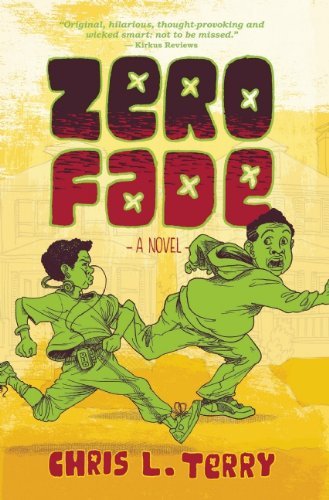What do you think?
Rate this book


Mass Market Paperback
First published September 10, 2013
Being gay is the worst thing possible. Being gay is fighting bad, sucking at sports, not getting girls, wearing hand-me-downs from forever ago, doing good in class, and looking at other dudes in the locker room. I won't lie, except for doing good in class, I've done all those things. They're easy for a guy to do, but only the gay ones really let it happen.
…I stopped thinking about it and just saw the city at a crawl, looking in the windows of the car dealerships and doctor's offices I passed.
How do grown folks wind up working at these places? When kids get asked what they wanna be when they grow up, they all say, "A firefighter," or "President," or "David Robinson from the San Antonio Spurs." But there's only like two hundred guys in the NBA, and only one president, and he's white, and ain't but so much on fire. So, I guess other people have to sell cars and sit at the desk at a doctor's office telling people when to go in. Not what I want, though.
 come to my blog!
come to my blog!"Our school’s old. When you first walk in, there are class photos from the ‘50s to now. The school was segregated before Martin Luther King, so the pictures from the ‘50s and ‘60s are all white people wearing funny-shaped glasses and sitting on corncobs. By the ‘70s, there are a few black people in the pictures with big ‘fros and beaded necklaces like pictures of Mama in high school. They’re bits of pepper in a salt spill. But it’s reversed by 1980, and the pictures look like Oreo cookies—mainly black, with a little white in the middle."